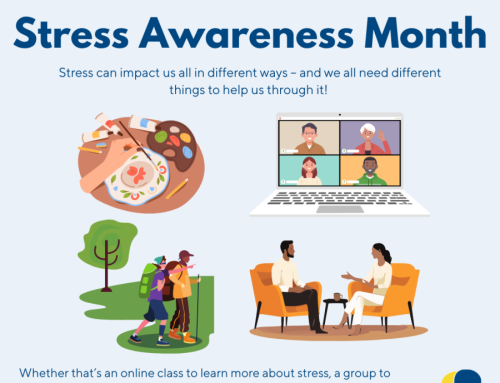In the run up to World Religion Day (15th January), Arfan Hanif (operations director) explains why Touchstone is introducing training on Islamophobia and Mental Health.
As an organisation diversity and inclusiveness is in Touchstone’s DNA – we do what we do because it needs doing and we can’t rely on or expect others to do so. With the rise in reported hate incidents in all its nasty manifestations whether it be anti-Semitism, Homophobia or Islamophobia (or any other form of hate) we all need to be vigilant and never be complacent. It is apathy or the thought that someone else will sort things out that has caused some of the human calamities in recent years.
In terms of mental health, we often hear the “1 in 4” ratio quoted. This ratio is probably nearer to 1 in 3 or even 1 in 2 for individuals and communities who experience discrimination, hate and oppression. For Touchstone this may well be the majority of our service users who suffer from the structural inequalities and discrimination that sadly persist in today’s so called ‘modern’ 21st Century society.
Over the last 2 decades we have witnessed a modern manifestation of the old age scourge of hate, bigotry, ignorance and racism – Islamophobia! With about an eighth of all our staff as well as an eighth of service users from Muslim backgrounds it has become imperative that we equip our staff to get a better understanding and make a positive difference through their work roles.
With so much negative media saturation often distorted and sensationalised about ‘Islamic and Muslim this and that…..’ there is always the danger we could be susceptible to misinformed views and opinions which could find their way unwittingly into how we deliver services. Therefore in partnership with MEND (Muslim Engagement & Development) and feedback from over 25 staff from diverse backgrounds, we developed the ‘Islam, Islamophobia and Mental Health’ training course which was launched during ‘Islamophobia Awareness Month’ in November.
The plan is now to extend the training to all our staff so that they continue to be beacons of good practice in the area of diversity in West Yorkshire and beyond.
So why is this kind of training important? My simple answer to this is; ‘The danger of not knowing and not doing ….. will always lead to one outcome as evidenced throughout human history’ So Never Again!





